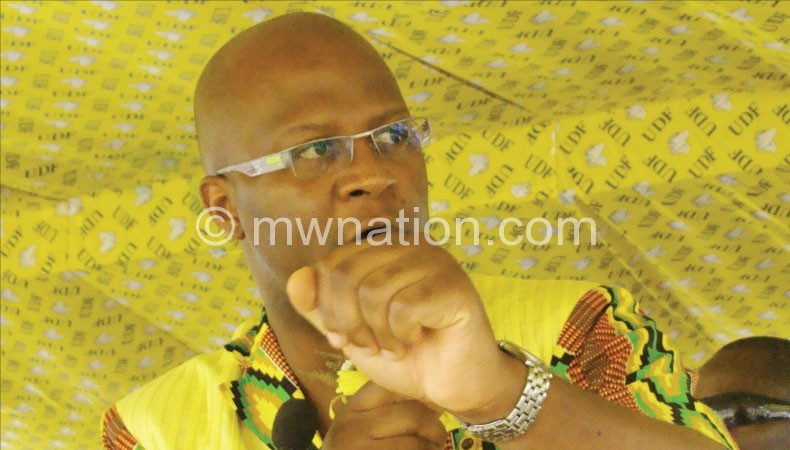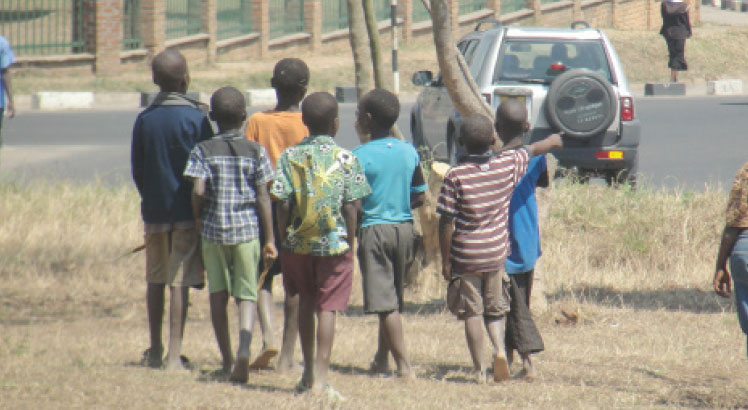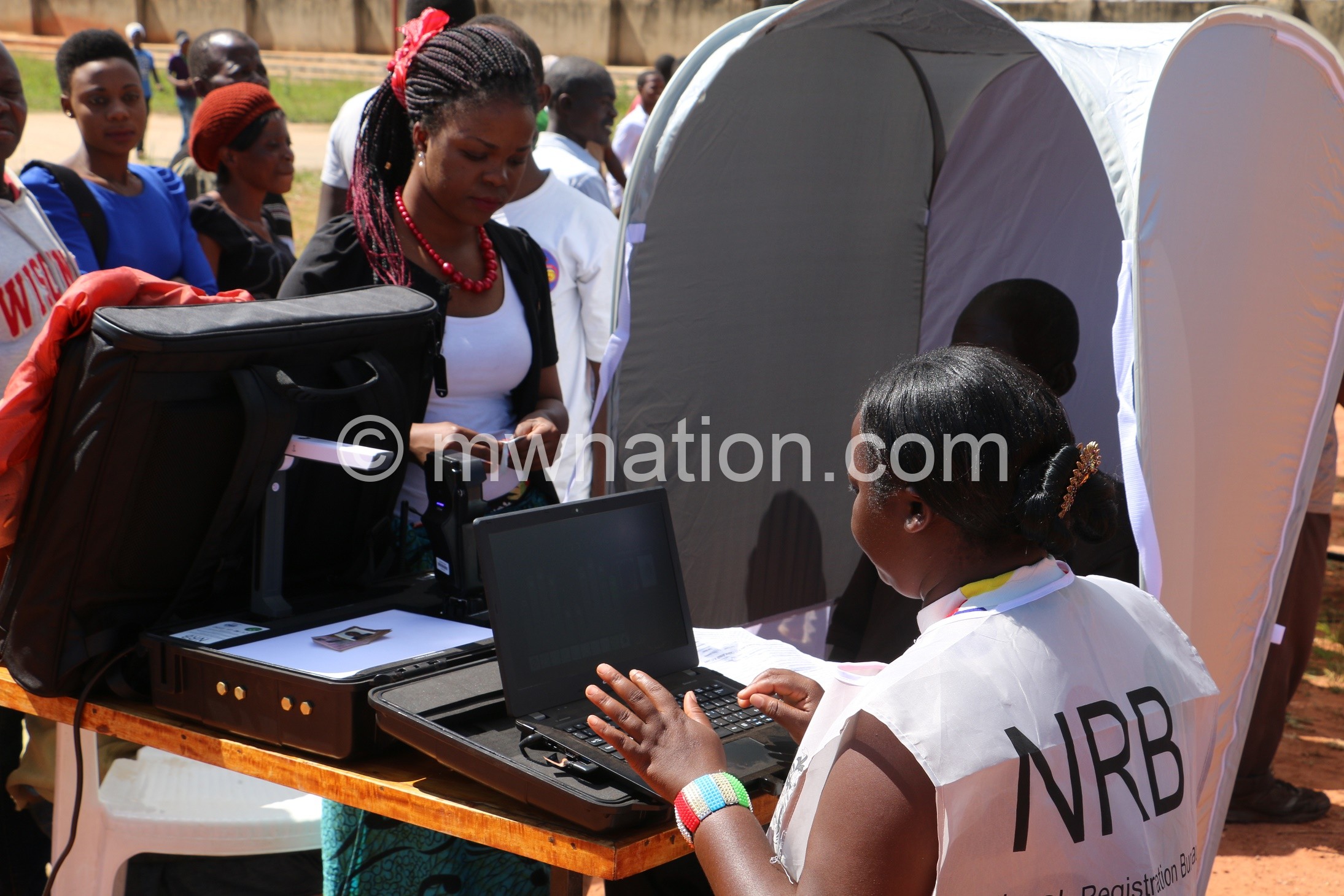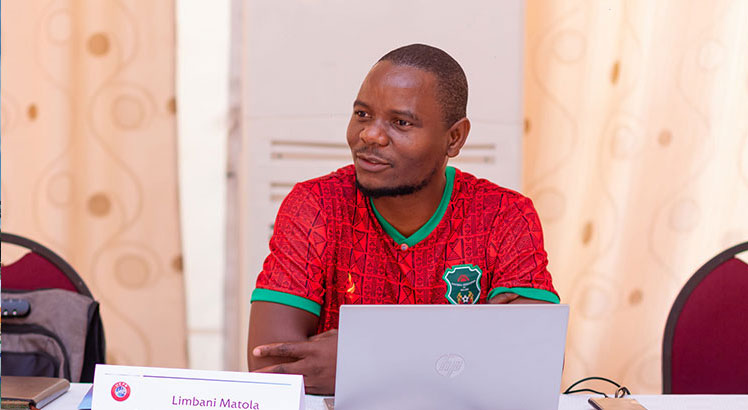UDF parliamentary muscle shrinking
United Democratic Front (UDF) numbers in Parliament continue to dwindle, a development Institute of Policy Interaction (IPI) has said is a result of leadership problems in the once mighty political grouping.
UDF came to power in 1994 after defeating Malawi Congress Party (MCP) in the first multiparty elections, sweeping most of the seats in the Southern Region and a number of seats in the Central Region while Alliance for Democracy (Aford) swept the North.

During the 1999 elections, UDF scooped 91 seats while MCP and Aford got 66 and 29 respectively.
The figures continued to go down in the subsequent elections when the yellow party won 49 seats in 2004 and 16 seats in 2009.
The 2014 elections have seen the party getting only 14 seats.
UDF secretary general Kandi Padambo admitted in an interview on Tuesday that the party enjoyed universal support after the first multiparty elections because it controlled most parts of the country.
Padambo, however, said things changed because people started to vote along regional lines, noting that before the birth of Democratic Progressive Party (DPP), Southern Region was deemed to belong to UDF while the Central Region was for MCP and the North for Aford.
Padambo also placed the blame on “internal procedural flaws for selecting parliamentary candidates to represent it”.
But IPI executive director Rafiq Hajat said UDF’s downward trend was mainly because of the leadership wrangles that have been rocking the party in the recent past.
He cited the time the then president Bakili Muluzi ignored party stalwarts such as Justin Malewezi and Aleke Banda and chose the late Bingu wa Mutharika to be the party’s presidential candidate.
“Then there was also the time the likes of Friday Jumbe and Sam Mpasu left the party,” said Hajat





